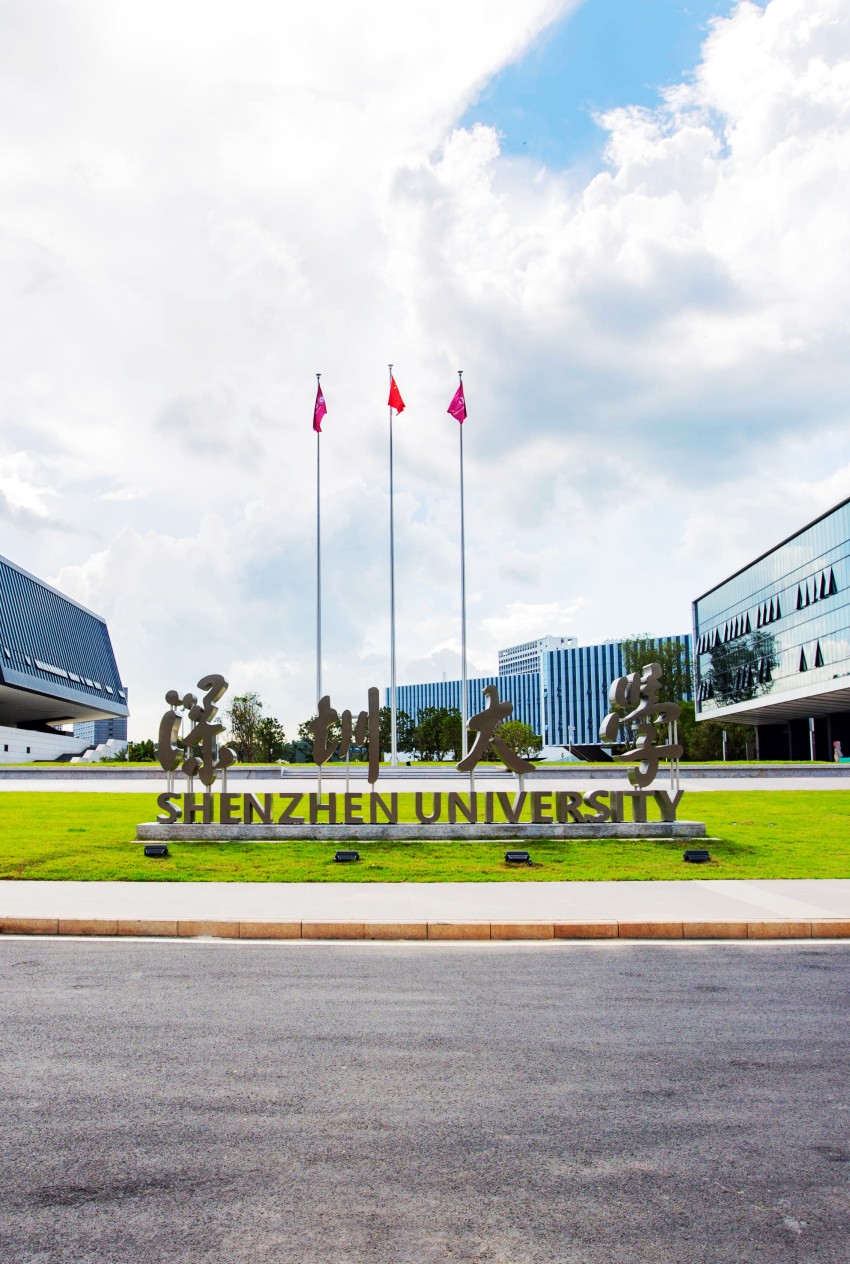Professional Prospects: Polymer materials are an important cornerstone of modern industry and hightechnology. Its applications cover many fields such as electronic information, biomedicine, aerospace, automotive industry, food, home appliances, packaging, and construction, etc., and are the sunrising industry in the 21st century. The polymer materials industry in the Pearl River Delta Region, especially in Shenzhen, has developed rapidly in recent years with a large industrial scale and a strong demand for talents.
The graduates of this major will find jobs in medium-sized high-tech enterprises, scientific research institutions, universities, and government agency in Shenzhen, Guangzhou, other cities in the Pearl River Delta, and some developed cities in chemical industry such as Beijing, Shanghai, Nanjing, and so on. Their jobs mainly focused on scientific research, teaching, technology development, process and product design, quality inspection and control, andmanagement and marketing. The common workingfields of this major are high-performance polymer functional material preparation, structure and propertiescharacterization, modification and processing of polymers, etc. This major provides graduates with stable andflexible employment channels, and shows a high employment rate. For instance, the employment rate of graduates at year of 2015 is as high as 93.48%.
TrainingCharacteristics: The cultivation of polymer materials and engineering is guided by the development of the polymer industry, characterized by the research and development of new materials such as high-performance polymer materials, functional polymer materials, biomedical materials, environmental materials, and engineering polymers, and adopts the supervisorresponsibility system for bothteaching and academic research. In terms of the training program, the main subjects are polymer chemistry and physics, polymer processing, research methods of polymer materials, and materials physics and materials chemistry, and the knowledge of biology, environment, instrument and other related disciplines is highlighted.In terms of the training mode, our department carries out characteristic bilingual teaching, and in March 2014, we introduced the school’s first full-time foreign distinguished professor, Florian J. Stadler (Germany), to teach some basic courses such as polymer physics, rheology of polymer materials, and other basic courses in English, and directlyguide the graduation thesis as undergraduate tutor.At the same time, our department is actively preparing a talent-characteristic class taught in English, and implementing teaching in accordance with the concept of international training. In terms of teaching methods, our department mainly adopts a combination of diversified teaching methods such as classroom teaching, seminar-based teaching, experiments-based teaching, and practical teaching to strengthen the learning of professional basic knowledge at multiple levels, and cultivate students' innovative spirit,innovative thinking and innovative ability in practice.
MajorOrientation:Functional polymer materials,polymer modification and processing.
Main Courses:Basic chemistry of material, physical chemistry, fundamentals of material science, organic chemistry, polymer chemistry, polymer physics, polymer processing, engineering drawing, research methods of material science, functional polymer materials, biological materials, additives and formulation design of polymers, science and technology of rubber, coatings and adhesives, plastic mold design, etc. The main practical teaching includes:(1)Curriculum experiment (basic chemistry experiments of materials, organic chemistry experiments, physical chemistry experiments of materials, fundamental experiments of material sciences, polymer chemistry experiments, polymer physics experiments, polymer processing experiments, etc.); (2)Comprehensive professional practice (off-campus professional practice, metalworking practice, comprehensive design experiments of polymer materials, graduation thesis, etc.); (3)Extracurricular scientific and technological practice (exploratory extracurricular innovation practice, "Challenge Cup" college student extracurricular academic technology competition, laboratory open fund projects, innovative experimental projects for college students, and participating teacher's research projects).
Degree Awarded: Bachelor of Engineering.
Professional Restrictions:No color blindness.
A Special Talent Training Class—Talent Program in Polymer Materials and Engineering
"Talent Program in Polymer Materials and Engineering" is a special talent training class set up under the major of polymer materials and engineering. Under the guideof Dr. Florian J. Stadler, a full-time German distinguished professor, the teaching team is composed of the national-level excellent course directors, overseas Ph. Ds, and post-doctor fellows.From the sophomore year, students in the talent class will be taught inall-English and bilingual teaching for major professional courses. We will cultivate professional elites in polymer materials at international-level, and cultivate high-end talents for the international city of Shenzhen and multinational enterprises, and lay a solid foundation for students togo abroad for further studies.
Training Characteristics:
Small-class teaching (about 15 students).
Full academic supervisor training model
All-English and bilingual teaching for main professional courses.
"Dual system" teaching mode of "professional theory + classroom practice".
Setting professional application seminars and courses at the forefront of academia.
Strengthening the integration of teaching of independent laboratory courses and graduation design
